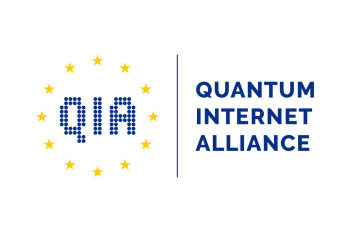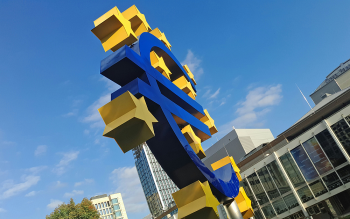

The Quantum Flagship education team has prepared a new version of the European Competence Framework for Quantum Technologies incorporating feedback and extending the framework with proficiency levels and key skills to prepare, map and compare educational programs in quantum technologies.
New version 3.0 released in April 2025
The new 2.0 version of the European Competence Framework for Quantum Technologies has been released at World Quantum Day 2023. It maps the landscape of possible competencies and skills in Quantum Technologies. The framework has been compiled and revised with extensive input from a multitude of stakeholders. It allows a straightforward comparison between competencies and will be used in the European Quantum Readiness Center (EQRC) to map and compare courses. The EQRC is a pan-European initiative committed to empowering Europe with Quantum Readiness. The goal is to create a quantum-aware society and to develop and empower the quantum workforce of tomorrow.
The Competence Framework has been compiled by the QTEdu team in a bottom-up approach. Between summer 2020 and spring 2021, input for the framework as well as predictions around the future quantum workforce were collected in an iterative study. Details of the study are documented in The Future Quantum Workforce: Competences, Requirements and Forecasts (preprint, to be published in Phys. Rev. Phys. Educ. Res.). The beta version of the framework was refined to version 1.0 by conducting expert interviews for each domain. The publication of a Methodology and Version History by the European Commission provided a complete overview of the documentation process and the steps taken to arrive at the framework version 1.0. For the current version 2.0, feedback and usage experiences have been incorporated and events have been organised to involve the community.
Version 2.0 of the Framework covers 8 domains in quantum technologies, from concepts and physical foundations to quantum hardware, sensors, computing and communication, as well as valorisation.

The new version features some restructuring of the domains, which are now split into three blocks: the quantum background; core device technologies covering enabling technologies, laboratory techniques and quantum hardware; and QT systems and application with the three QT pillars and valorisation, i.e. business and management topics as well as impact and responsibility.This separation makes the supply chain visible, from component suppliers, through system assembly, selection and consultancy, to the end user.
In the new version, the three blocks are described and key skills are provided for each block. These key skills cover, for example, communicate/explain, manufacturing, technology realisation, identify use cases and create value, or adaptation/implementation.
The second extension of the framework covers the proficiency levels. The six keywords for levels A1 to C2 - as in language learning - are now supplemented by descriptions in a short and long format and some examples of level descriptions for specific domains or subdomains. These levels can be used to map and compare different educational objectives or personal qualifications. They are thus the starting point for a European certification scheme for QT training.
In addition, a collection of examples of Qualification Profiles for people working in quantum technologies is already available. These profiles, dated January 2022, provide examples of the competences acquired through education or training in preparation for employment in the industry. They will be updated and aligned with the new version of the framework during the coming year.
The Competence Framework is a living document constantly evolving, from the community to the community, so feedback is always welcome.



